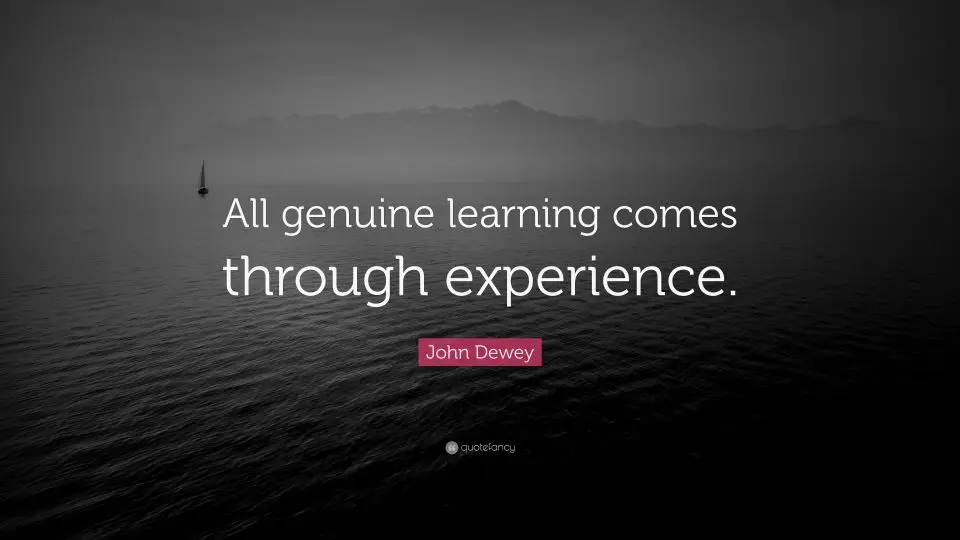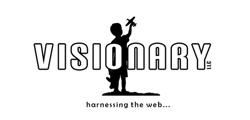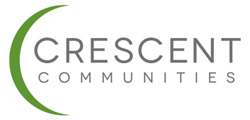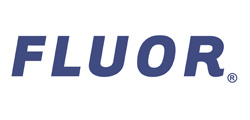Experiential learning allows students to apply theoretical concepts directly in real-life situations, eliminating any disconnect between study and practice. Not only is experiential learning effective at building confidence and encouraging critical thinking skills, it has become an indispensable asset of business education – employers increasingly seek graduates that can adapt quickly when entering the workplace; making experiential learning an indispensable asset of any successful education strategy.
As workplace environments continue to shift, employers increasingly value professionals with practical experience who possess an in-depth grasp of real world problems. By prioritizing learning from experience over theory-led approaches to education, educational institutions can better equip their students for life after college and meet business life requirements more successfully.
Experience Based Learning for Business Education.
Experiential learning plays an essential part in business education. By emphasizing real-life experiences, students gain practical skills and knowledge not available through traditional classroom settings alone. Furthermore, experiential learning fosters innovation, critical thinking skill development and prepares individuals for today’s complex business environments.
Experienced Learning Strategies Are Essential
Experience-based education provides students with a rich learning environment by actively taking part in real business scenarios rather than passively listening to lectures. This approach to higher education education helps promote deeper comprehension of concepts.
As part of their education experience, students engage in hands-on projects, internships and case studies as part of their coursework. Working on actual business cases allows students to directly apply theories and strategies taught in class in real life situations.
Such experiences strengthen students’ self-assurance while strengthening their capabilities to adapt and solve issues across diverse business contexts.
John Dewey and Experience-Based Learning.
John Dewey was an influential educator who championed experiential learning. Dewey believed education should reflect real life situations to make learning relevant and applicable, believing students learn best when their experiences connect to what is taught at school. According to him, life experience connects most effectively to classroom learning experiences.
Dewey’s philosophy continues to play an influential role in management education today. His ideas emphasize the necessity of reflective learning. Students should reflect upon their experiences to identify lessons which expand their knowledge base.
Reflective learning complements adult education principles by drawing upon both personal and professional experiences to enrich teaching practices.
Models for Experiential Learning
Kolb’s Experiential Learning Cycle serves as one such model. This four-stage framework encompasses concrete experience, reflective observation, abstract conceptualization and active experimentation.
These stages help learners navigate the experience- and knowledge-gathering process. Students begin with an experience, reflect upon it, identify key lessons from it and incorporate their newfound wisdom in subsequent actions.
This cycle enhances learning by motivating continuous improvement. When applied in business education settings, such models bring effective results while equipping students for entrepreneurial ventures.
Successful Project- and Problem-Based Strategies to Achieve Success
Project- and problem-based learning (PBL/PBL) are effective experiential methods of education that use real world scenarios or projects as teaching aids while directly engaging students for maximum engagement to deepen learning experiences.
Project-based learning provides students with an immersive project-focused education experience over an extended period, encouraging collaboration and innovation while building essential project management and teamwork abilities.
Problem-based learning entails solving open-ended, complex issues to develop the critical thinking and problem-solving abilities of its participants – similar to real business scenarios where solutions might not always come easily – while cultivating critical analysis for complex situations where solutions might not always come readily. This method promotes critical analysis while equipping them for complex situations with no easy solutions available.
Modern business education must emphasize hands-on learning and provide students with all of the resources required for success.
Reflective Practices and Leveraging Experience for Growth
Reflective practices are central to successful business education. By emphasizing critical reflection and leadership development, individuals can experience transformative learning. Additionally, diverse workplace environments add another level of experience-based knowledge acquisition.
Critical Reflection in Adult and Management Education
Critical reflection is an integral component of adult and management education, encouraging learners to examine their experiences and beliefs; in doing so they may discover biases or assumptions they hold onto that prevent progress from being realized.
Individuals can gain valuable insight by critically reflecting upon themselves. Exploring what worked well and didn’t, individuals gain a more holistic view of situations they face – leading them to improved decision-making skills as well as furthering overall learning.
Critical reflection programs provide participants with an environment conducive to continuous development. Through structured conversations and written reflections, this method fosters self-awareness which ultimately results in more efficient leadership and teamwork.
Reflective Practice and Leadership Development Are Promising Solutions
Reflective practice is central to leadership development. Leaders who engage in this practice take time out each day to pause, consider, evaluate and seek ways to enhance their actions or decisions and identify areas for enhancement and potential improvements.
Reflective thinking enables leaders to align their values with their actions – creating authenticity and integrity while permitting leaders to adjust strategies based on feedback or outcomes.
By including reflective practice as part of their leadership training, individuals gain more insight into their impact. They create supportive environments where team members feel encouraged to reflect. Collaborative reflection contributes to increased team performance and innovation.
Transforming Learning Through Diversity and Reflection (TLDR)
Diversity plays an essential role in transformative learning. When individuals from diverse backgrounds and perspectives engage in reflective practices together, their diverging viewpoints challenge one another’s positions – broadening understanding while increasing inclusivity.
Reflexive dialogues involving diverse voices foster critical thinking and appreciation of different opinions while strengthening emotional intelligence – experiences which may provide immense personal and professional growth potential.
Incident-Based Learning in Workplace Environments
Incidental learning is another element of reflective practices. Employees gain valuable lessons through daily tasks and interactions – often without even realizing it! – without realizing they’ve experienced true experiential learning!
Reflective practices allow individuals to identify key lessons from experiences, giving employees an opportunity to assess them critically in order to enhance their skill development and increase performance levels over time. This approach to skill improvement facilitates continuous skill expansion as well as performance increase.
Employers can foster incidental learning by creating an atmosphere conducive to introspection and reflection among employees. Allowing time and space for contemplating experiences personally has proven extremely valuable for increasing engagement, teamwork and overall organizational effectiveness.





















